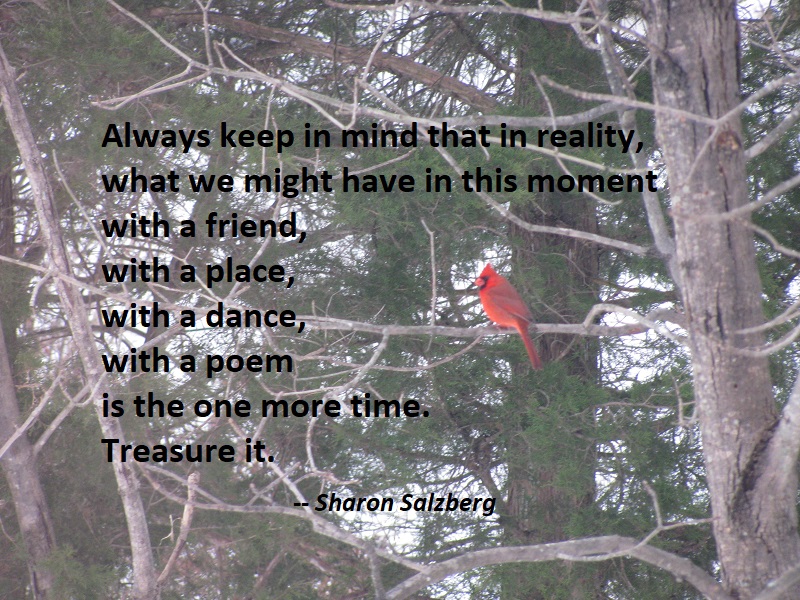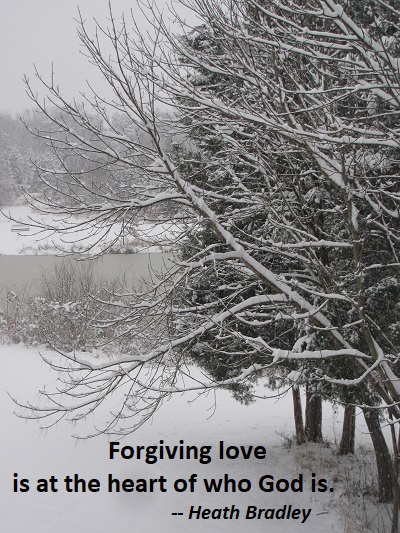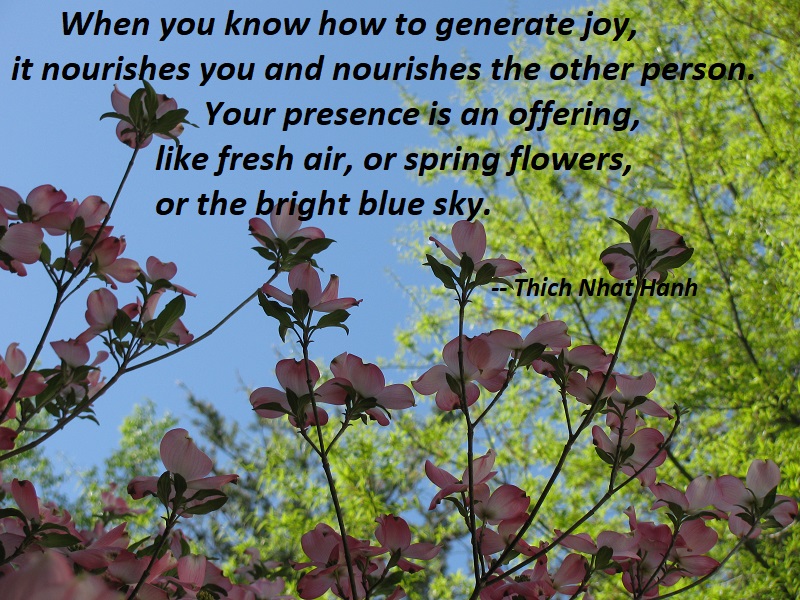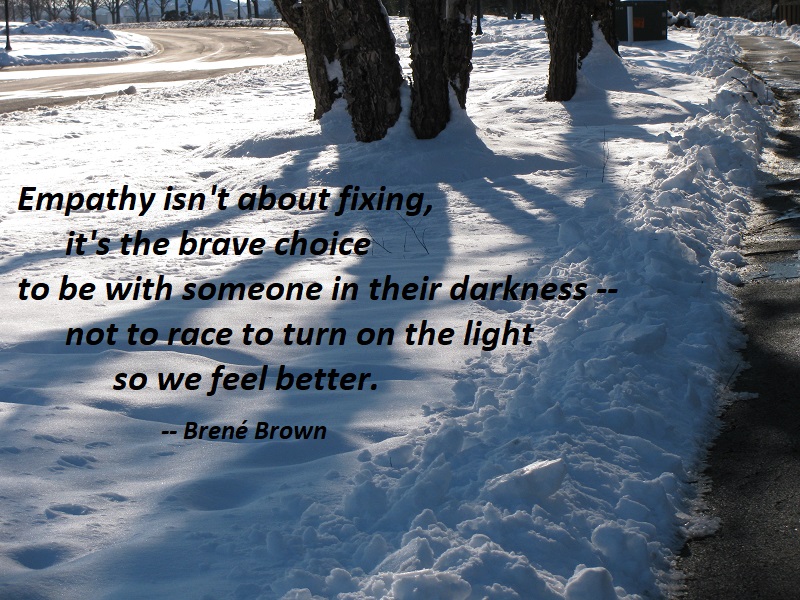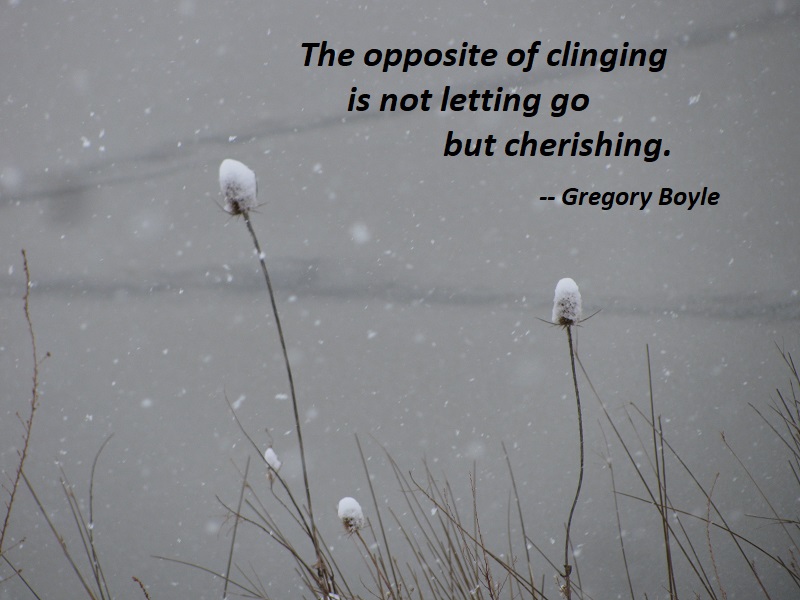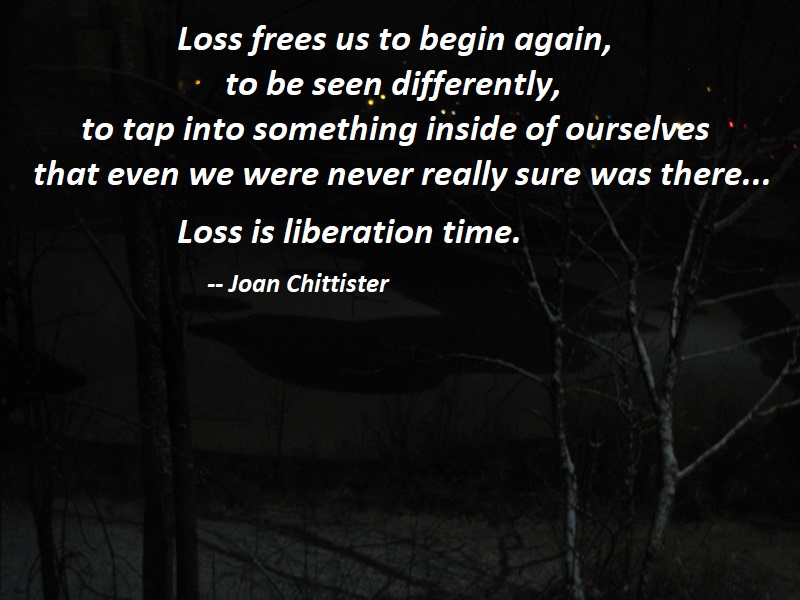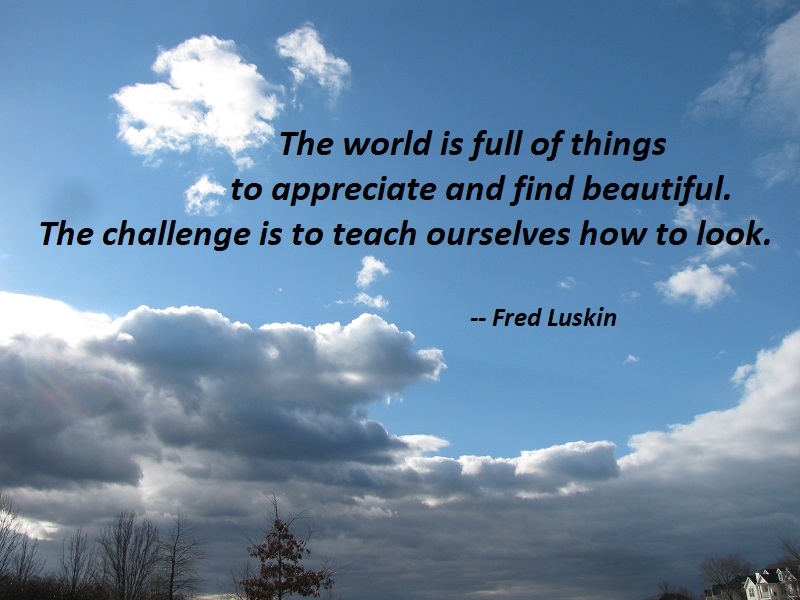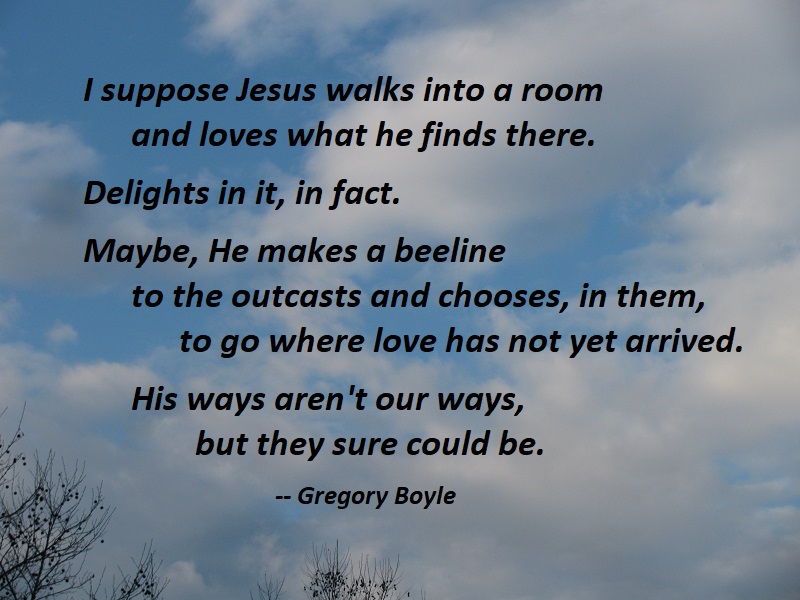Also About Life
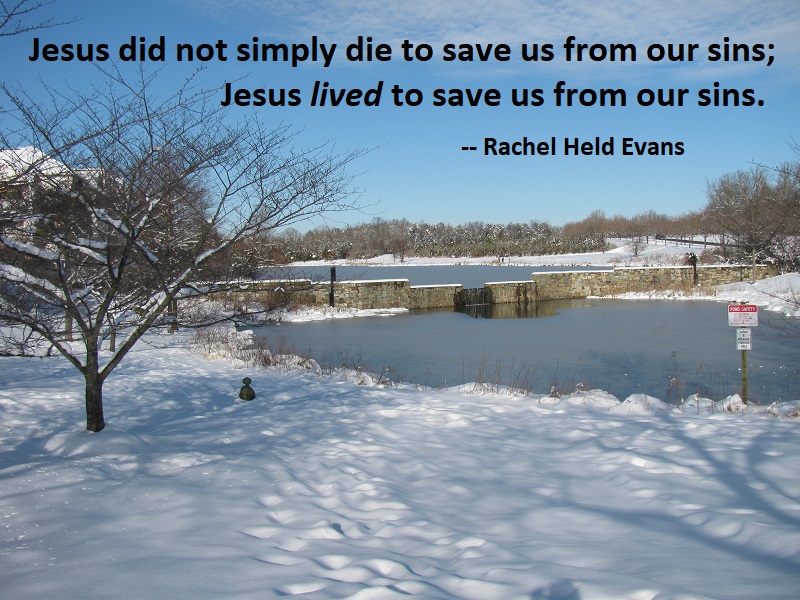
What happened on the cross has been the subject of wonder and debate for centuries, with Christians of good faith employing different metaphors and language to articulate its significance, but any view that reduces Jesus to a sort of deus ex machina, necessary only for a single moment of rescue, strips the incarnation of all its power and tells a far simpler story than the one the Bible actually gives us. Jesus didn’t just “come to die.” Jesus came to live — to teach, to heal, to tell stories, to protest, to turn over tables, to touch people who weren’t supposed to be touched and eat with people who weren’t supposed to be eaten with, to break bread, to pour wine, to wash feet, to face temptation, to tick off the authorities, to fulfill Scripture, to forgive, to announce the start of a brand-new kingdom, to show us what that kingdom is like, to show us what God is like, to love his enemies to the point of death at their hands, and to beat death by rising from the grave.
Jesus did not simply die to save us from our sins; Jesus lived to save us from our sins. His life and teachings show us the way to liberation.
— Rachel Held Evans, Inspired, p. 154-155
Photo: South Riding, Virginia, January 14, 2019
